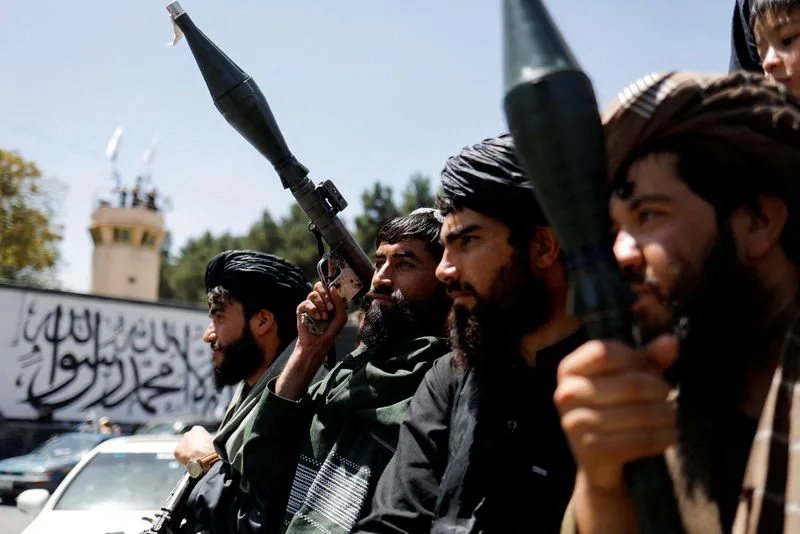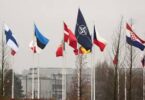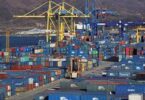UNITED NATION (Reuters) : Methamphetamine trafficking in and around Afghanistan has surged in recent years, even as the Taliban has curbed heroin trafficking since taking power, a United Nations report said on Sunday.
“The surge in methamphetamine trafficking in Afghanistan and the region suggests a significant shift in the illicit drug market and demands our immediate attention,” said Ghada Waly, executive director of the U.N. Office of Drugs and Crime (UNODC).
The Taliban, which regained power in August 2021, announced a ban the following April on the production of narcotics in Afghanistan, the world’s main opium producer. Taliban officials say its security forces are clamping down on Afghan poppy farmers and destroying crops.
While heroin trafficking has slowed, the UNODC said in a statement, meth trafficking “has intensified since the ban”.
Meth seizures in and around Afghanistan jumped 12-fold in the five years through 2021. Between 2019 and 2022, nearby countries such as Iran and Pakistan also reported increased seizures. Countries as far away as France and Australia have reported seizing methamphetamine that likely originated in Afghanistan it said.
The UNODC said much of the meth from Afghanistan was made with pre-cursor ingredients such as those found in some cold and flu medication.
Afghanistan is home to the ephedra plant, which can be used to make methamphetamine, but the UNODC said the quantities needed to produce the drug and the risk of unreliable crops meant that Afghanistan’s production did not depend on the plant alone.
“Common cold medications and industrial-grade chemicals are more efficient and cost effective for the manufacture of methamphetamine and thus pose a far bigger threat,” the UNODC said.







